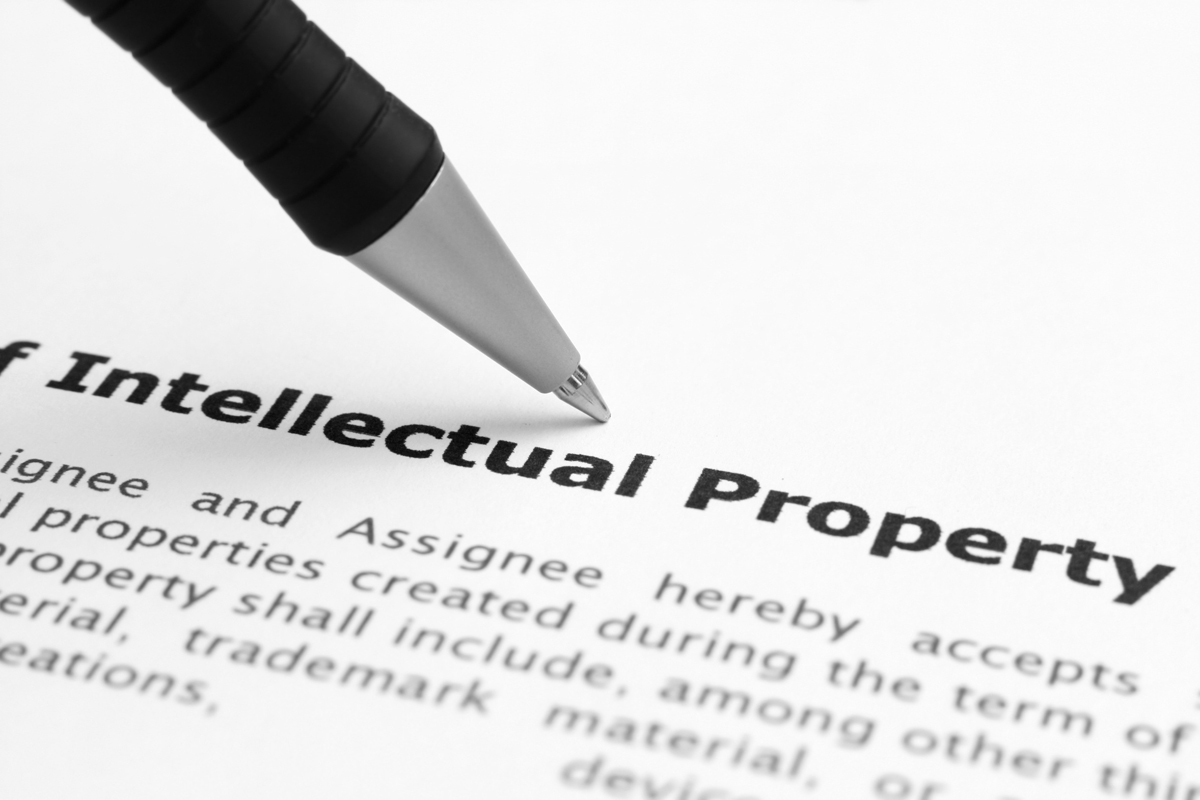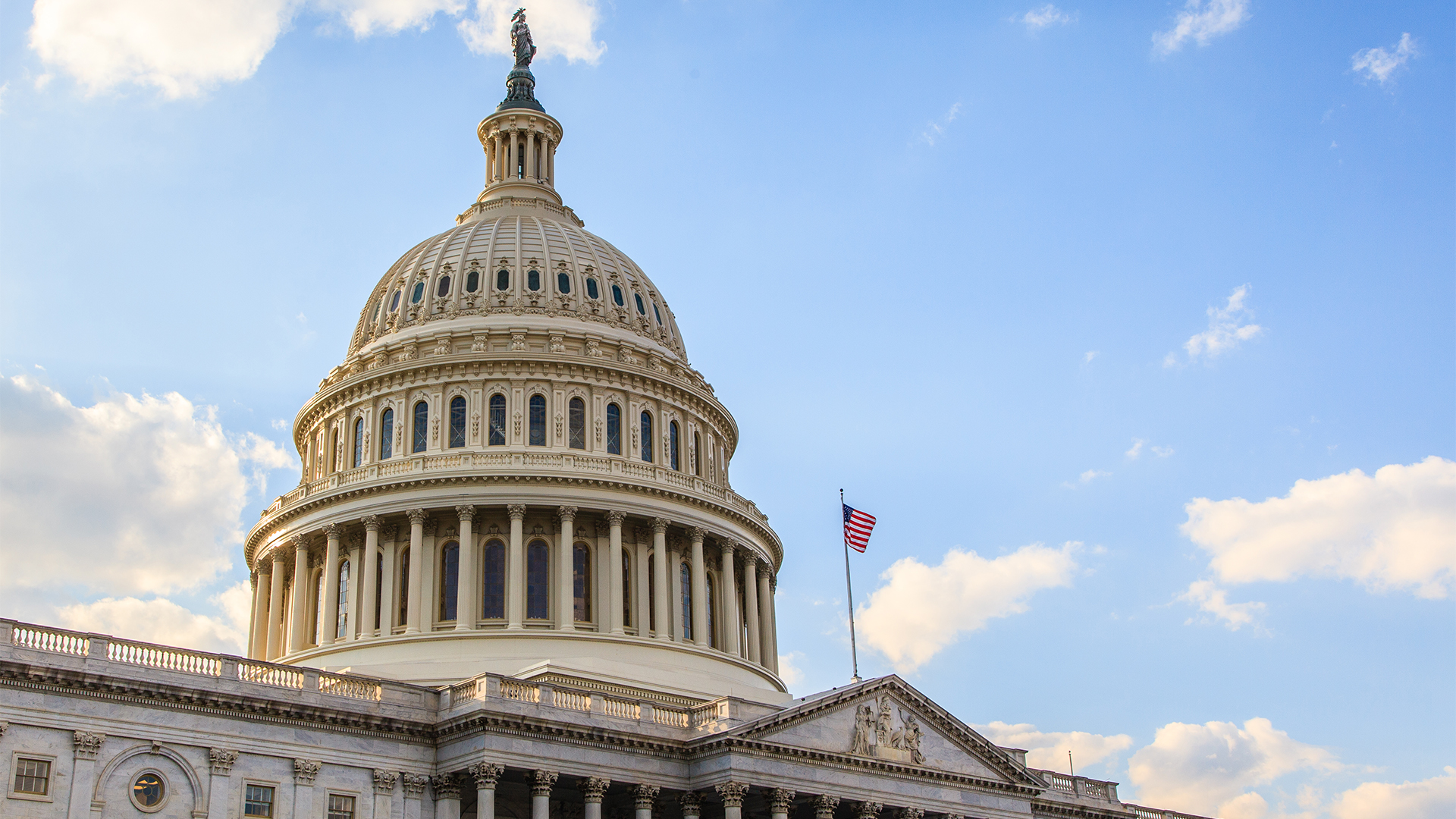ACTA: the basics, the controversies, and the future
At the end of January, 22 countries signed up to ACTA. But what is it, and how will it be affecting you? Simon Brew has been finding out.

Sign up today and you will receive a free copy of our Future Focus 2025 report - the leading guidance on AI, cybersecurity and other IT challenges as per 700+ senior executives
You are now subscribed
Your newsletter sign-up was successful
On January 26th 2012, 22 member states of the European Union put pen to paper on the Anti-Counterfeiting Trade Agreement (ACTA). In the words of the European Commission, it's an agreement that "ensures people everywhere can continue to share non-pirated material and information on the web," whilst offering the reassurance that it "does not restrict freedom of the internet. ACTA will not censor or shut down websites."
The creation of ACTA has been beset with controversy. There's been a real sense of cloak and daggers about it.
It adds that "ACTA ensures the EU's already high standard of protection for intellectual property goes global - protecting jobs in Europe. Because Europe is losing 8 billion annually through counterfeit goods flooding our market."
Inevitably, though, the soothing words of the official EC language haven't offered too much comfort for those protesting what's proven to be a massively contentious agreement. Already, in the aftermath of ACTA being signed, one senior European Parliament official Kader Arif - has tendered his resignation, complaining that there was "no association of civil society, lack of transparency from the beginning and successive postponements of the signing of the text without any explanation".
So, what's been going on?
In the beginning
The story of ACTA began way back in 2006, as an attempt to bring together a unified response to the piracy of copyrighted work, and the global trade in counterfeit goods. In both instances, the internet, generally governed by local rather than international laws, had facilitated a massive surge in activity, and the idea with ACTA was to put together some tools to combat it.
Sign up today and you will receive a free copy of our Future Focus 2025 report - the leading guidance on AI, cybersecurity and other IT challenges as per 700+ senior executives
Given the contentious nature of anything that in any way battles any degree of web freedom, the creation of ACTA has been beset with controversy. There's been a real sense of cloak and daggers about it.
-
 Is software optimization a lost art?
Is software optimization a lost art?In-depth With the rise in AI-generated code, software complexity, and constrained compute, could software optimization be making a comeback?
-
 Google issues warning over ShinyHunters-branded vishing campaigns
Google issues warning over ShinyHunters-branded vishing campaignsNews Related groups are stealing data through voice phishing and fake credential harvesting websites
-
 European Commission approves data flows with UK for another six years
European Commission approves data flows with UK for another six yearsNews The European Commission says the UK can have seamless data flows for another six years despite recent rule changes
-
 Google drops cloud complaint against Microsoft
Google drops cloud complaint against MicrosoftNews Anticompetitive concerns aren't gone, but Google is leaving the battle to the EC instead
-
 Three things you need to know about the EU Data Act ahead of this week's big compliance deadline
Three things you need to know about the EU Data Act ahead of this week's big compliance deadlineNews A host of key provisions in the EU Data Act will come into effect on 12 September, and there’s a lot for businesses to unpack.
-
 The second enforcement deadline for the EU AI Act is approaching – here’s what businesses need to know about the General-Purpose AI Code of Practice
The second enforcement deadline for the EU AI Act is approaching – here’s what businesses need to know about the General-Purpose AI Code of PracticeNews General-purpose AI model providers will face heightened scrutiny
-
 Meta isn’t playing ball with the EU on the AI Act
Meta isn’t playing ball with the EU on the AI ActNews Europe is 'heading down the wrong path on AI', according to Meta, with the company accusing the EU of overreach
-
 ‘Confusing for developers and bad for users’: Apple launches appeal over ‘unprecedented’ EU fine
‘Confusing for developers and bad for users’: Apple launches appeal over ‘unprecedented’ EU fineNews Apple is pushing back against new app store rules imposed by the European Commission, suggesting a €500m fine is a step too far.
-
 A decade-long ban on AI laws is a “terrible idea” for everyone but big tech, critics claim
A decade-long ban on AI laws is a “terrible idea” for everyone but big tech, critics claimNews A proposed decade-long ban on US states implementing AI laws is a "terrible idea" that highlights the scale of big tech lobbying, according to critics.
-
 Apple, Meta hit back at EU after landmark DMA fines
Apple, Meta hit back at EU after landmark DMA finesNews The European Commission has issued its first penalties under the EU Digital Markets Act (DMA), fining Apple €500 million and Meta €200m.